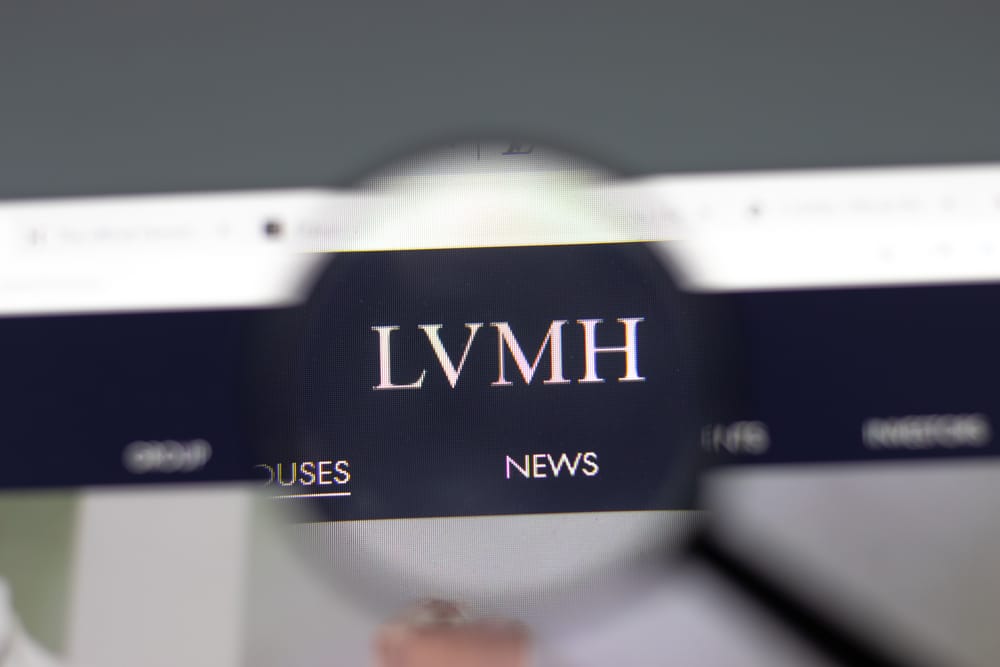Sweet smell of success for high-end beauty goods.

Against a backdrop of slowing growth in the broad luxury goods sector the beauty category represents a bright spot for high-end retailers and brand owners that is giving them some confidence for the future.
Highlighting the trend is luxury goods giant LVMH that recently reported revenues up 9% in 2023 across the whole group whereas its ‘selective retailing’ segment recorded a 25% sales increase on the back of a historic year for Sephora with its record sales and profits. Shoppers might have held back from buying handbags and ready-to-wear clothing but they retained an appetite for skincare and cosmetics products.
Highlights for the retailer included: a return to the UK where it has opened its first two stores; a collaboration with Kohl’s in the US involving shop-in-shops at Sephora stores; the re-opening of its flagship outlet on Champs-Élysées in Paris; and the introduction of Glossier in-store early in 2023. The beauty chain also benefited from the launch of its influencer programme Sephora Sounds and updates to its loyalty scheme.
Beauty sales are also powering progress at upmarket department store Liberty. Along with LVMH it is riding the ongoing wave of the high-end beauty segment that is growing faster than the rest of the market. This is a trend that has been underway since 2014, according to AllianceBernstein, which calculated the global beauty and grooming market was valued at $335.5 billion in 2020 and that it is expected to grow with a CAGR of over 4% during the period 2021 to 2025.
The sweet spot for Liberty is its own-brand products. Last year the company launched its LBTY beauty brand initially encompassing five high-end perfumes inspired by its well-known prints. The range is to be extended to include a full beauty offering that will sit alongside its existing own-brand ranges running across the likes of accessories, womenswear and jewellery.
Adil Mehboob-Khan, chief executive of Liberty, says the new range is doing “phenomenally well” and that the plan is to “definitely be pushing beauty”. “The jury is out on what the fashion market will do, but we expect beauty and accessories to do well,” he suggests.
Such is the company’s confidence in the beauty category and its own-label ranges specifically that Liberty is considering opening standalone stores, to complement its central London flagship, which would sell only own-label goods. This would be a marked departure from its long-established strategy and represent the first new stores it has opened this century.
The move to own-label is part of a wholesale shift by the department store sector who are tapping into a growth market – that also delivers more generous margins than selling third-party branded goods. According to the International Association of Department stores, sales of own-label goods increased from 9% to 16% of turnover for the grouping between 2019 and 2022.
